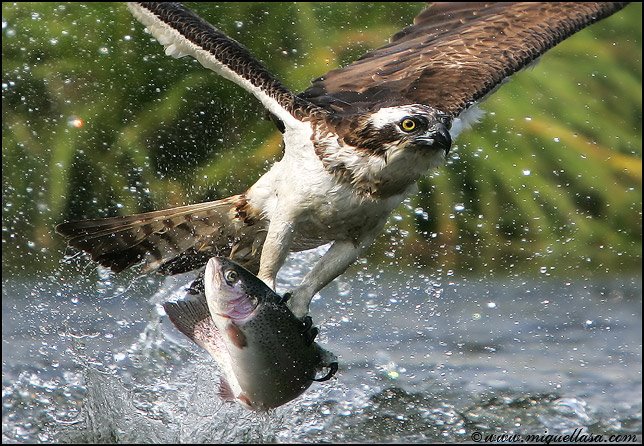 A tad late in acknowledging Veterans Day I review The Steel Wave. This book reminds us of the sacrifice of The Greatest Generation. It is the second volume of a historical fiction trilogy that tells the story of the Second World War in Europe. Jeff Shaara, following his fathers footsteps in Killer Angels , tells this story through the points of view of some of history's most fascinating people , The Steel Wave traces the D-Day landing and subsequent days in the Normandy campaign of WWII. Generals Eisenhower, Bradley, Montgomery, Rommel are the main characters. The author puts events and opinions into their mouths and thoughts based on his research. For the many who know this story well it’s an interesting sidelight. For those unfamiliar with the history of this shattering event it makes the vast details easy to digest.
A tad late in acknowledging Veterans Day I review The Steel Wave. This book reminds us of the sacrifice of The Greatest Generation. It is the second volume of a historical fiction trilogy that tells the story of the Second World War in Europe. Jeff Shaara, following his fathers footsteps in Killer Angels , tells this story through the points of view of some of history's most fascinating people , The Steel Wave traces the D-Day landing and subsequent days in the Normandy campaign of WWII. Generals Eisenhower, Bradley, Montgomery, Rommel are the main characters. The author puts events and opinions into their mouths and thoughts based on his research. For the many who know this story well it’s an interesting sidelight. For those unfamiliar with the history of this shattering event it makes the vast details easy to digest.But where this novel really stands out is in conveying what this battle, so renowned but now, with World War II veterans dying along with their first hand memories, felt like for the fighters:"The awful noises returned: screaming wails, the air above them ripped and shattered. The shells began to thunder above them, jolting him, the men tumbling again, more dust, the concrete shaking, deafening blasts. He lay flat, held his helmet to his head, curled his legs in tight, felt himself bouncing on the concrete, his hands hard on his ears, his brain screaming into the roar of fire, the terror grabbing him, pulling him into a complete and perfect hell."And here is a pitch-perfect description of what it must have been like to leave the nausea-inducing landing vessels for the nausea-inducing terror of the most nightmarish run on a beach in history: "He . . . looked straight ahead, smoke rolling past, screaming men, more blasts, more fighter planes overhead, wide flat sand, the cliffs so far away."
Shaara wrote in a very interesting introduction: "I realized that the greatest drama here is not the event but the raw and frightening uncertainty for everyone involved. It is easy to view history in hindsight, as though it were a foregone conclusion how the war, or this particular piece of it, would turn out. But for those men whose deeds and accomplishments created this history, there were no foregone conclusions at all."
The reader is left with two conclusions. The first is that William Tecumseh Sherman was right: War is hell. The second is that this is a hell of a war novel. As a matter of fact all three novels in this series are very well done.







1 comment:
I am adding to my list. Thank You!
Post a Comment